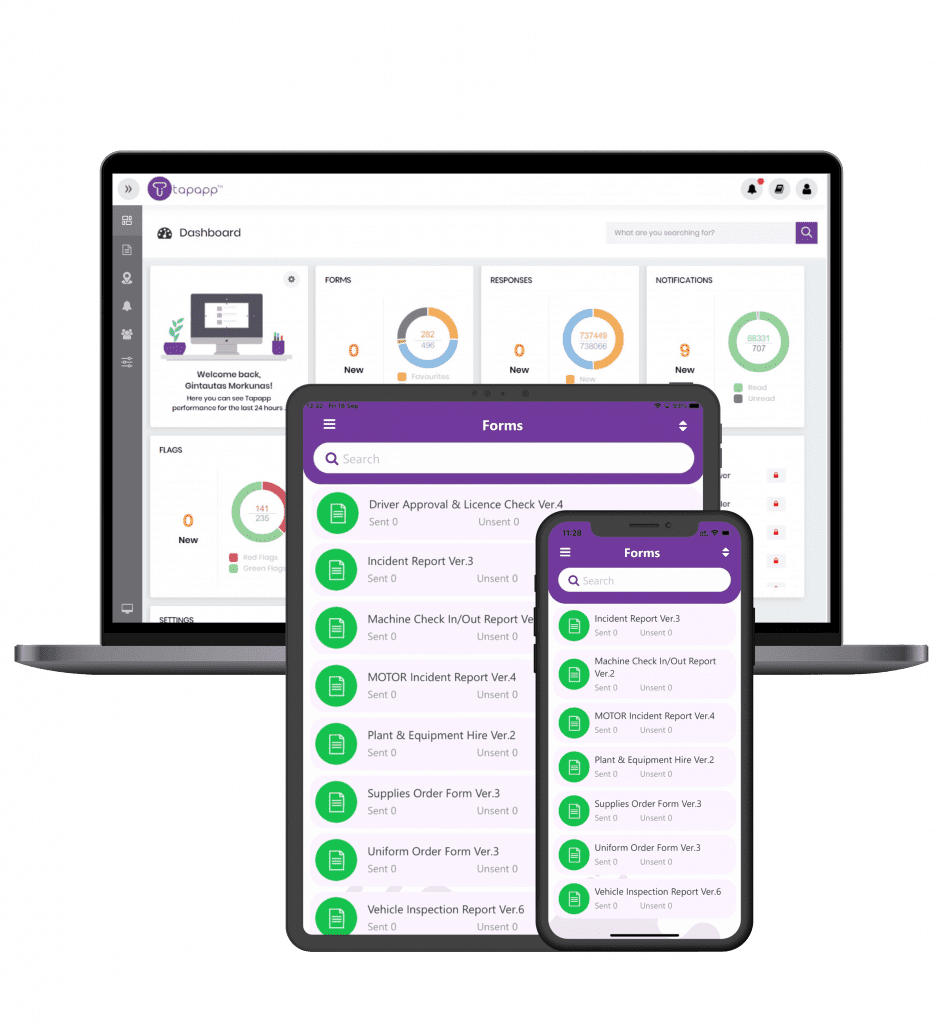Workplace health and safety is an absolutely critical subject for any business and something that every business owner needs to consider continually. There’s no room for error or a careless attitude when it comes to workers’ safety. Poor corporate health and safety isn’t just a moral lapse; it can also lead to significant legal and financial consequences if anyone, whether a member of staff or a customer, is injured because of inadequate or poorly-implemented health and safety policies. Good health and safety policies are comprehensive and subject to regular review to ensure they reflect the conditions workers currently face.
This raises a question; how often should a health and safety policy be reviewed? Obviously, should anything occur that introduces significant changes to workers’ day-to-day safety, the policy needs updating immediately. But in terms of long-term policy, especially within businesses with excellent safety records and few accidents, the answer isn’t immediately apparent.

What’s the purpose of a health and safety policy review?
The purpose of any policy review is to examine a policy and determine whether it’s still fit for its purpose. The outcomes of a policy review range from doing nothing because the existing policy is working as intended all the way up to scrapping the entire document and starting again. A review doesn’t necessarily mean you will make changes, and you should avoid making unnecessary changes just for the sake of it.
In deciding whether a health and safety policy is working as intended, the individual or group conducting the review will need to look at relevant data, such as accident reports and any concerns raised by staff within the business.
Are annual reviews enough?
In line with guidelines from the Health and Safety Executive (HSE), most businesses review their policies once a year. However, every company is obligated to update its policy between reviews if the work environment changes. This includes the introduction of new policies and procedures that introduce new health and safety concerns. For example, the government has required UK businesses to ensure they update their policies in response to the latest covid guidelines.
Not all workers face the same hazards in the course of their work. Businesses whose workers face serious safety hazards as part of their routine duties should either aim to schedule their policy reviews more frequently or ensure their reporting process is streamlined and they are responsive to any concerns raised.

When should businesses review or update their policies outside of their scheduled review?
Whenever a worker is injured while working, employers must record it, regardless of whether they’re injured on-site or off-site. In some cases, businesses are legally obligated to report the accident to HSE under legislation known as RIDDOR (Reporting of Injuries, Diseases and Dangerous Occurrences Regulations). Employers must make a RIDDOR report to HSE in any of the following cases:
– Fatal and non-fatal injuries.
– Occupational diseases.
– Dangerous occurrences. These are near misses where injury or unintentional exposure to hazards is prevented by chance. Note that this does not include instances where routine safety checks prevent injury or danger.
– Any incident which results in an absence from work for more than seven days.
– Any incident involving gases.
Note: The above list does not include the recently-introduced categories relating to covid-19.
As you can see, these categories encompass everything from an employee tripping over to a fatal accident. Just because an incident doesn’t lead to serious injury doesn’t mean businesses aren’t obligated to report it to HSE. Nevertheless, irrespective of whether an incident leads to a RIDDOR report, companies should always consider whether it points to a shortcoming in their existing policy or its implementation.

How can businesses streamline their health and safety reporting?
The more managers, staff, and supervisors trust a company’s reporting system, the more confidence they can have that their business leaders will know about and address problems as they arise. This is especially important for health and safety in the workplace.
A robust reporting process means staff feel safer and more able to raise any concerns they have about their health and safety at work. It also ensures that every management level within the corporate structure is aware of any reports that affect their duties. In addition, a sound reporting system enables companies to react quickly to any report with implications for their health and safety policy. The reporting pipeline must facilitate communications in both directions to be effective. This means that if upper management needs to communicate a response to any reports, they can use the same pipeline to quickly send out a communication, confident that it will reach whoever it needs to as soon as possible.
In short, a business’s reporting policies and procedures are integral to its health and safety strategy.

How can businesses set up an effective reporting system?
There are multiple components to the success of any reporting system. Many of these will come down to the culture and atmosphere of the workplace. For example, if staff are afraid to speak up when they want to, or they’re distrustful of their superiors, it doesn’t matter how good the pipeline is because there won’t be any reports to send through it.
However, in terms of establishing a robust reporting infrastructure, the most important thing is ensuring that it’s as quick and easy as possible to generate, read, and respond to reports. Don’t insist that lower-level staff make their reports through superiors and never require reports to go through a specific individual unless there’s a very good reason or legal obligation.
The simplest way of implementing an effective and easy-to-use reporting system is to utilise a platform like Tapapp. Tapapp is a cloud-based reporting app that enables businesses to create report templates, which staff can access from any internet-connected device. Not only does Tapapp’s digital nature make it more convenient for staff to use, but being a paperless solution eliminates the need for staff to request and fill out a physical form. You can also use Tapapp to capture responses to proposals and give feedback more easily quickly.

Using Tapapp enables companies to ensure reports include the most critical information and enables any staff member to file a report anonymously if necessary. Reports are then ready for the relevant individual to review and respond to immediately.
Health and safety policy reviews are essential, and businesses should undertake them at least once a year. However, with an efficient reporting pipeline in place and clear communication of your policy throughout your business, you can stay ahead of the game and make your reviews much more straightforward.
More in our blog:
